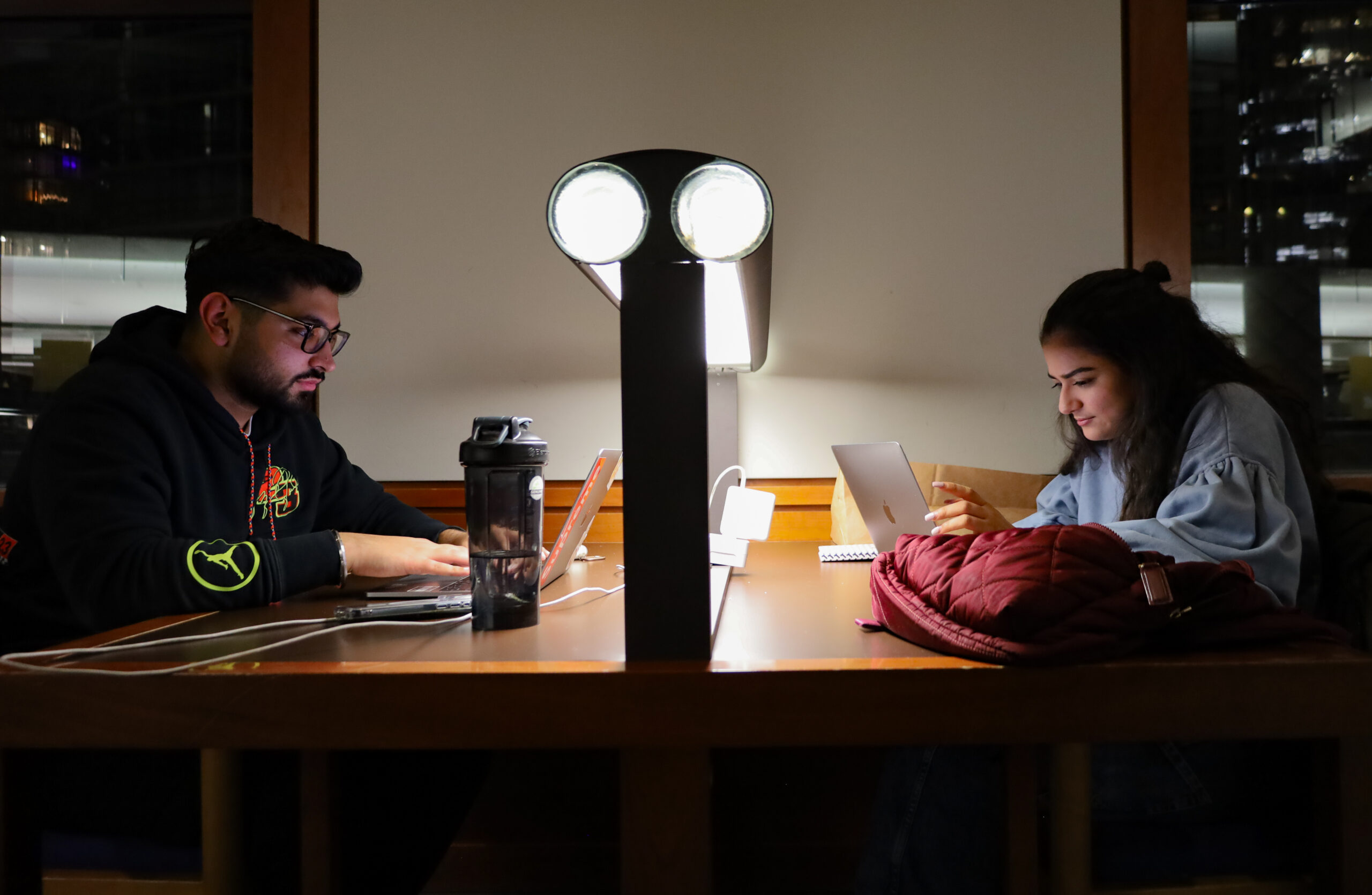International students are expressing relief over the federal government’s decision to uphold a temporary policy lifting a 20-hour-per-week work cap until the end of the school year.
The work cap policy, launched as a pilot project in November 2022, was set to expire on Dec. 31. The work limit was initially lifted to tackle shortages in Canada’s labour force.
Previously, international students could only work 20 hours per week off-campus and students said they needed to work more to cover rising tuition and expenses.
Gunwant Singh Atwal, a student from India studying healthcare management at Cape Breton University in Nova Scotia, said the news about the policy extension came as a huge relief. Since the work cap was lifted last year, he has been working full time at a call centre in Sydney alongside several other international students
“Every student I know breathed a sigh of relief on Dec. 7. The atmosphere at my office was nothing I’d ever felt before,” Singh Atwal said. “People were ecstatic and hopeful for their future.”
At the press conference announcing the extension, Immigration, Refugees and Citizenship Minister Marc Miller said the temporary policy would be in effect until April 30, 2024. Miller said the federal government is looking at other policy options for international students, including increasing off-campus work hours to 30 hours per week during the school year. He said working 40 hours per week as a student is “untenable.”
Federal data shows that more than 80 per cent of international students are currently working more than 20 hours a week.
The Canadian Alliance of Student Associations (CASA), which has urged the government to make the temporary work cap policy permanent, said in a press release that the minister’s decision will help quell some international students’ concerns.
Said Mateusz Salmassi, director of advocacy at CASA: “International students have been facing the harsh realities of the cost-of-living crisis in Canada, and the temporary removal of the off-campus work hour cap has been a major lifeline for many. [The] announcement from the Honourable Marc Miller provides these students with temporary room to breathe.”
Emmanuel Ndedigwe, a student from Nigeria at B.C.’s Coquitlam College, said that while it can be hard for students to balance their work and studies, they still need to make enough money to cover their day-to-day living expenses.
“How is one supposed to study on an empty stomach?”
He said that the temporary policy can also prevent international students from opting for “under the table” work to exceed the 20-hour limit, exposing them to potential exploitation and abuse.
Shrey Arora, a student from India at the University of British Columbia, said he supports the policy even though he is not directly affected by it. With his current course load, Arora said it would be challenging to work more than 15 hours per week.
He said he receives financial support from his family, but acknowledges that is not always the case for others.
“My parents are supporting me, but most other students from India are trying to make a living while studying, which makes it hard for them.”
Some critics are skeptical of the removal of the work cap. A Windsor, Ont.-based immigration consultant, Amanjit K., says the 20-hour work cap was “a blessing in disguise.” She is a director at Earnest Immigration and Citizenship Services Inc., and uses the name “Amanjit K.” professionally.
“International students could focus on what they came here for: To study, get their credentials and plan their way for permanent residency without being forced into any other pathway because they couldn’t meet their obligations as a student,” she said.
She said some international students run into problems when applying for post-graduate work permits if they are unable to fulfill their requirements as a full-time student. If students work more than 20 hours and have to reduce their course load, it can hurt their ability to receive a work permit that could lead to permanent residency.
In the fall, Immigration, Refugees and Citizenship Canada (IRCC) sent a survey to post-secondary international students to assess the impact of the pilot project on their work and studies. The results of the survey have yet to be published.
Katrya Bolger is a Thai-Canadian journalist. She writes about how national politics and policy impact Canada's immigrant communities. Since starting her career as a sub-editor for the Bangkok Post, she has spent over seven years writing and editing for various newspapers, magazines and non-profit organizations in Canada and abroad. Her written work has appeared in publications such as The Globe and Mail, Montreal Gazette and The Walrus.
Radha Agarwal is a South Asian multimedia journalist, documentary photographer and filmmaker. She completed Concordia University's graduate diploma in visual journalism and a bachelor's degree in TV production from London, UK. Her work is focused on marginalized communities within topics like culture, gender and arts.







